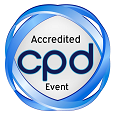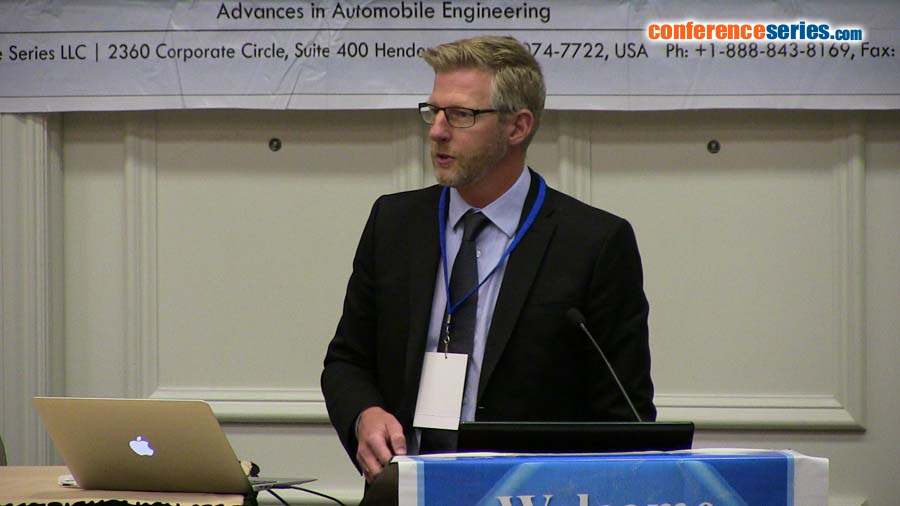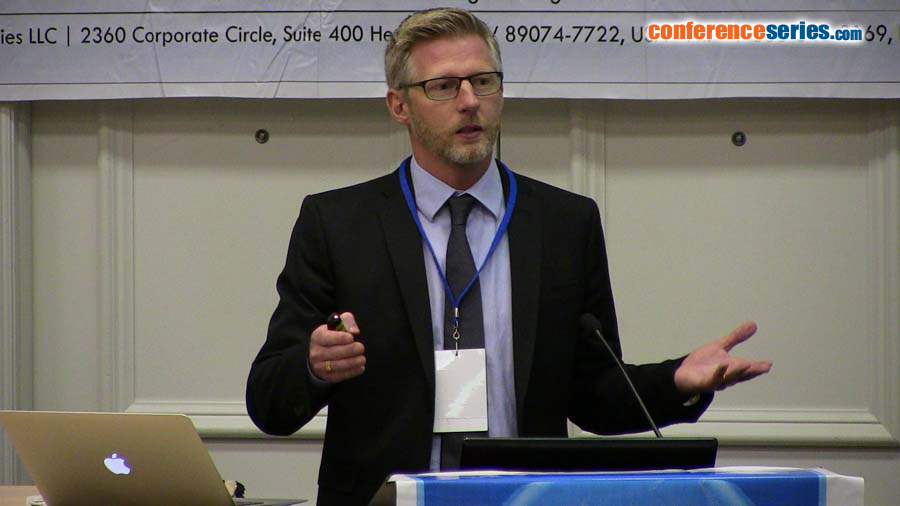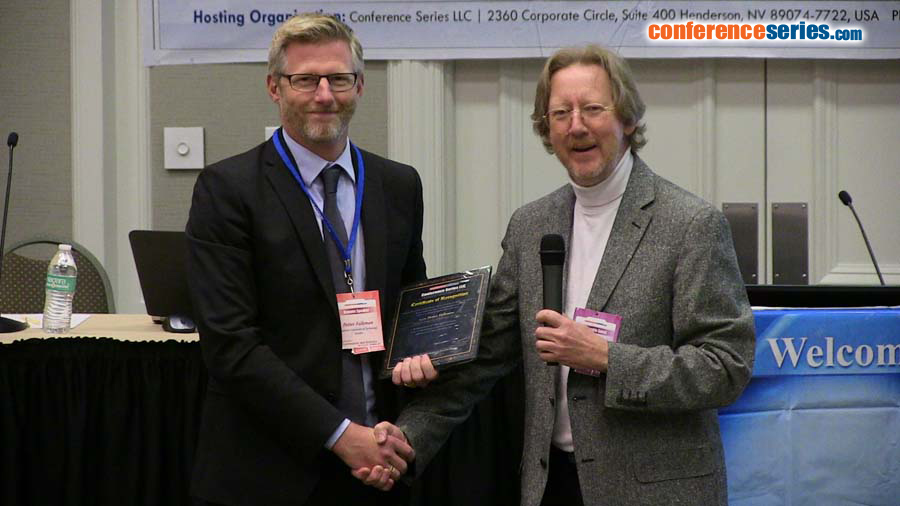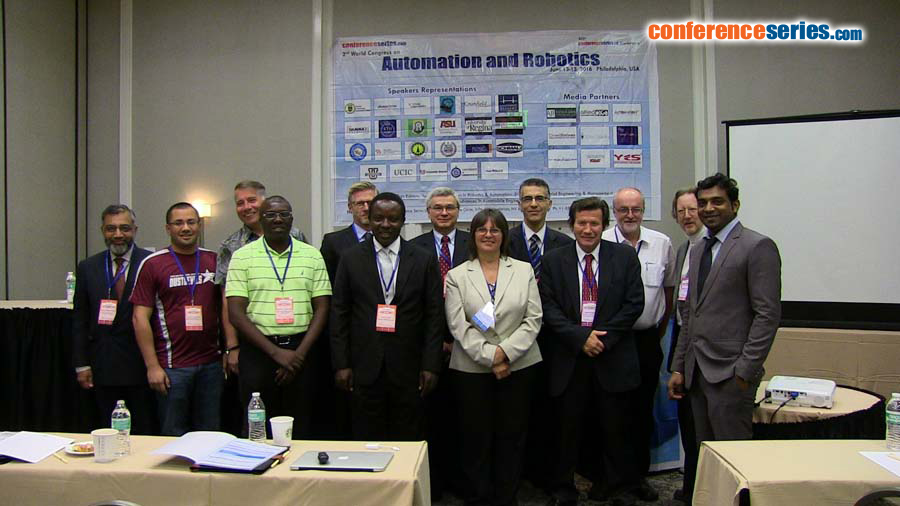
Petter Falkman
Chalmers University of Technology Sweden
Title: Virtual engineering and commissioning of automation systems – a way to handle complexity
Biography
Biography: Petter Falkman
Abstract
Vehicle manufacturing companies are today forced to handle and respond to a rapidly growing variety of vehicles, due to the environmental restriction on energy consumption and CO2 emissions. An additional requirement is also that these new innovative and environmentally friendly products are produced in already existing factories. A clear trend today is also that production volume has to be changed with short notice to meet market changes. Today´s manufacturing systems therefore have to be both energy- and time efficient, safe, as well as flexible to manage this complexity. The challenge is to reduce the production preparation time by bringing together mechanical and electrical engineers into a common virtual environment achieving a more efficient cooperation, enabling automatic generation of verified control programs. Another challenge is reducing energy consumption by embedding detailed robot energy optimization into early scheduling. A third challenge is to increase production efficiency, increase human and machine safety and decrease the number of discarded parts by performing virtual commissioning of entire manufacturing stations, including complete robot programs, control logic and safety equipment including HMIs. rnrnA required step in order to handle the above described problems is to extend early process design and mechanical simulation with control logics to ensure an intended behavior. It has been shown that possible savings could be achieved if PLC programming and optimization is included in earlier production preparation phases together with new functionality based on formal methods.rn
